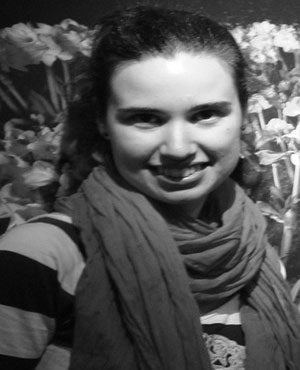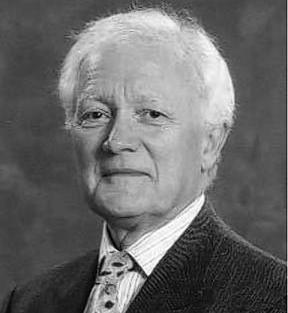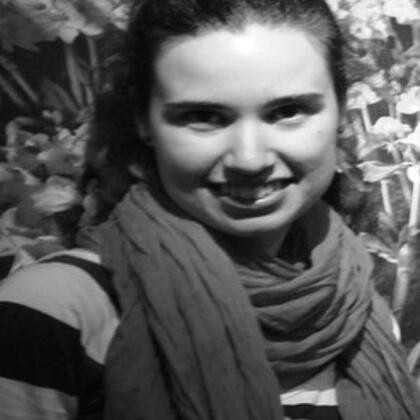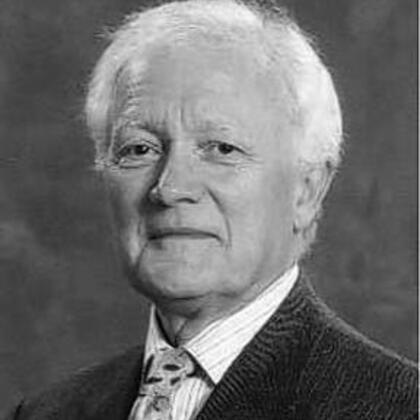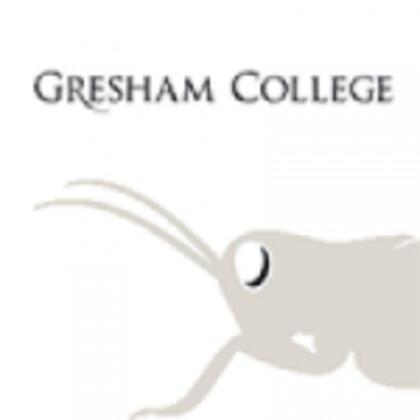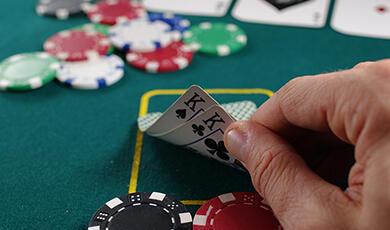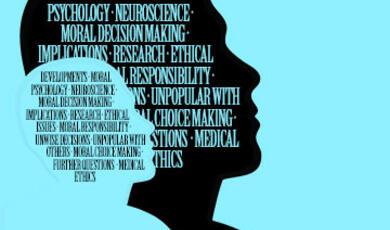Decision-making in Health and Disease: The Mathematical Brain & The Fussy Brain
Share
- Details
- Transcript
- Audio
- Downloads
- Extra Reading
The talks in this first part of the symposium include the following:
The mathematical brain:What is a decision, and what's going on in the brain? by Elisabeth Rounis and Louise Whiteley
Decisions in the real world range from simple choices such as which bag of sweets to buy, to complex decisions such as which flat to rent. One problem we often face is that sometimes the options aren't clear, and we need to gather information to help us decide - for example, when you think you recognise a friend walking towards you, but wait until they get a bit closer before you start waving and calling their name. Often, we don't have time to gather all the relevant information, so the brain makes a trade-off between speed and accuracy - if the person you think you recognise is about to jump on a bus, you might risk feeling a bit silly and call their name even before you are completely sure it's them! In this talk, we explore how the brain gathers information in favour of different options, and in particular how prior knowledge may influence these decisions - in the example, knowing that you are close to your friend's house might make you more confident it was them.
The fussy brain: What makes one option more attractive than another? by Louise Whiteley and Steven Fleming
In the 19th century, Jeremy Bentham suggested that we should act to maximise utility - choosing actions that lead to the greatest happiness. Although his ideas are still controversial, in one sense Bentham anticipated scientific studies of decision making today - his founding principle was that it is part of human nature to be driven towards things that give us pleasure. Similarly, understanding decision making in the brain starts from the principle that we weigh up the value of different outcomes, and pick the action that is likely to lead to the highest utility over time. How do we learn what is most valuable? How does the brain deal with probabilities and tradeoffs between different sources of information? Here we explore these questions, outlining different approaches the brain takes to solving these problems and the evolutionary roots of value.
There is no transcript for this event
This event was on Thu, 28 May 2009
Support Gresham
Gresham College has offered an outstanding education to the public free of charge for over 400 years. Today, Gresham plays an important role in fostering a love of learning and a greater understanding of ourselves and the world around us. Your donation will help to widen our reach and to broaden our audience, allowing more people to benefit from a high-quality education from some of the brightest minds.


 Login
Login
